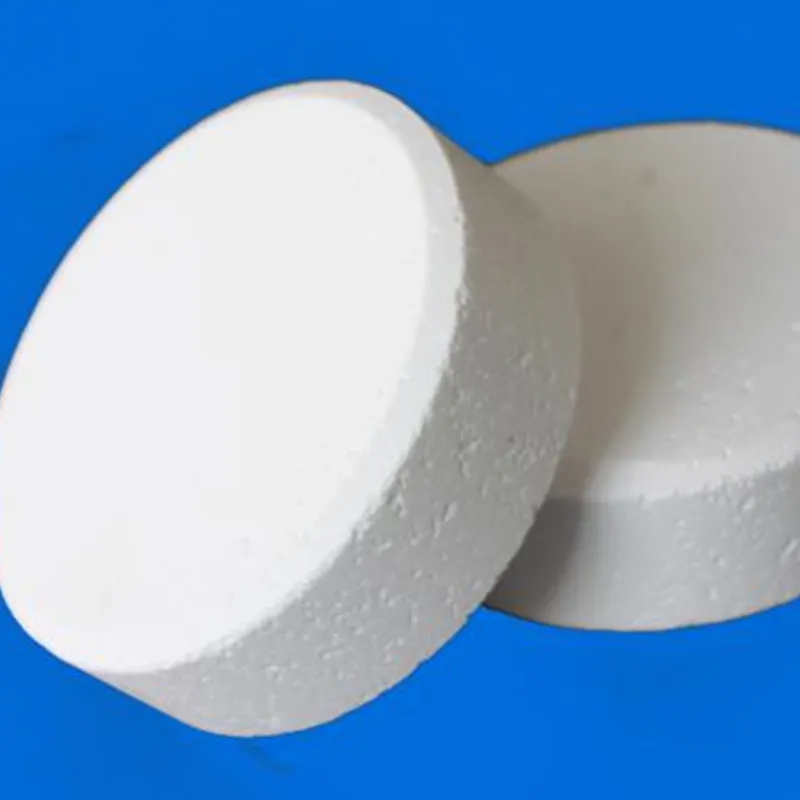
inorganic fertilizer
The Role of Inorganic Fertilizers in Modern Agriculture
Inorganic fertilizers have become a cornerstone of modern agriculture, providing essential nutrients to crops and significantly enhancing agricultural productivity. As the world grapples with the challenges of feeding an ever-growing population, understanding the benefits and considerations associated with inorganic fertilizers is crucial for sustainable farming practices.
What Are Inorganic Fertilizers?
Inorganic fertilizers are synthetic or mineral-based compounds that supply essential nutrients—primarily nitrogen (N), phosphorus (P), and potassium (K)—to plants. These fertilizers come in various formulations and can be tailored to suit specific agricultural needs. The primary advantage of inorganic fertilizers is their ability to deliver a concentrated source of nutrients, leading to higher crop yields within a shorter time frame.
Benefits of Inorganic Fertilizers
1. Enhanced Nutrient Availability Inorganic fertilizers provide immediate nutrient availability, which is especially beneficial during critical growth stages of crops. This rapid uptake can be pivotal during planting seasons or periods of stress, where plants require additional nutrients to thrive.
2. Improved Crop Yields Numerous studies have demonstrated that the application of inorganic fertilizers results in increased crop yields. The predictable nutrient content allows farmers to optimize their fertilization practices, aligning nutrient supply with plant demand.
3. Cost-Effectiveness When compared to organic alternatives, inorganic fertilizers often offer a more cost-effective solution for farmers. Their concentrated formulations mean that less material is needed to achieve the desired nutrient levels, leading to savings in transportation and application costs.
4. Ease of Use Inorganic fertilizers are generally easier to handle and apply than organic fertilizers. They are available in various forms, including granules, powders, and liquids, making it straightforward for farmers to incorporate them into their existing farming practices.
inorganic fertilizer

Environmental Considerations
While the benefits of inorganic fertilizers are significant, there are also environmental concerns that need addressing. One of the primary issues is nutrient runoff, which can lead to water pollution. When excess fertilizers wash into waterways, it can cause algal blooms that deplete oxygen in the water, harming aquatic life.
To mitigate this risk, best management practices (BMPs) should be implemented. These include appropriate timing of fertilizer application, using slow-release formulations, and adopting precision agriculture techniques that ensure fertilizers are applied in the right amounts at the right times.
Balancing Inorganic and Organic Practices
The debate between inorganic and organic fertilization continues among agriculturalists and environmentalists. While inorganic fertilizers provide immediate results and higher yields, there is increasing recognition of the value of organic fertilizers, which can enhance soil health and promote biodiversity.
Farmers are encouraged to adopt a balanced approach, integrating both inorganic and organic fertilization methods. This strategy not only allows for the immediate benefits of inorganic fertilizers but also improves soil structure and fertility over the long term with organic inputs. Cover cropping, crop rotation, and the use of compost are practices that can complement inorganic fertilization and lead to sustainable agricultural systems.
Conclusion
In summary, inorganic fertilizers play a vital role in modern agriculture by enhancing crop yields and providing essential nutrients efficiently. However, the potential environmental impacts necessitate careful management to prevent negative consequences. By adopting sustainable practices that incorporate both inorganic and organic strategies, farmers can maximize productivity while safeguarding the environment. As the global population continues to increase, the responsible use of inorganic fertilizers must be a key consideration in our quest for sustainable food production. Balancing the need for immediate results with environmental stewardship will be essential for the future of agriculture.
-
Understanding Synthetic Rubber OptionsNewsApr.27,2025
-
Trichloroisocyanuric Acid: Essential for Clean and Safe WaterNewsApr.27,2025
-
Sodium Dichloroisocyanurate: Key to Safe Water TreatmentNewsApr.27,2025
-
Sodium Acid Pyrophosphate: Essential in Modern Food ProcessingNewsApr.27,2025
-
Essential Water Treatment ChemicalsNewsApr.27,2025
-
Denatured Alcohol and Its Industrial UsesNewsApr.27,2025
-
The Versatile Uses of Sodium BicarbonateNewsApr.24,2025
Hebei Tenger Chemical Technology Co., Ltd. focuses on the chemical industry and is committed to the export service of chemical raw materials.
-

view more DiethanolisopropanolamineIn the ever-growing field of chemical solutions, diethanolisopropanolamine (DEIPA) stands out as a versatile and important compound. Due to its unique chemical structure and properties, DEIPA is of interest to various industries including construction, personal care, and agriculture. -

view more TriisopropanolamineTriisopropanolamine (TIPA) alkanol amine substance, is a kind of alcohol amine compound with amino and alcohol hydroxyl, and because of its molecules contains both amino and hydroxyl. -

view more Tetramethyl Thiuram DisulfideTetramethyl thiuram disulfide, also known as TMTD, is a white to light-yellow powder with a distinct sulfur-like odor. It is soluble in organic solvents such as benzene, acetone, and ethyl acetate, making it highly versatile for use in different formulations. TMTD is known for its excellent vulcanization acceleration properties, which makes it a key ingredient in the production of rubber products. Additionally, it acts as an effective fungicide and bactericide, making it valuable in agricultural applications. Its high purity and stability ensure consistent performance, making it a preferred choice for manufacturers across various industries.











